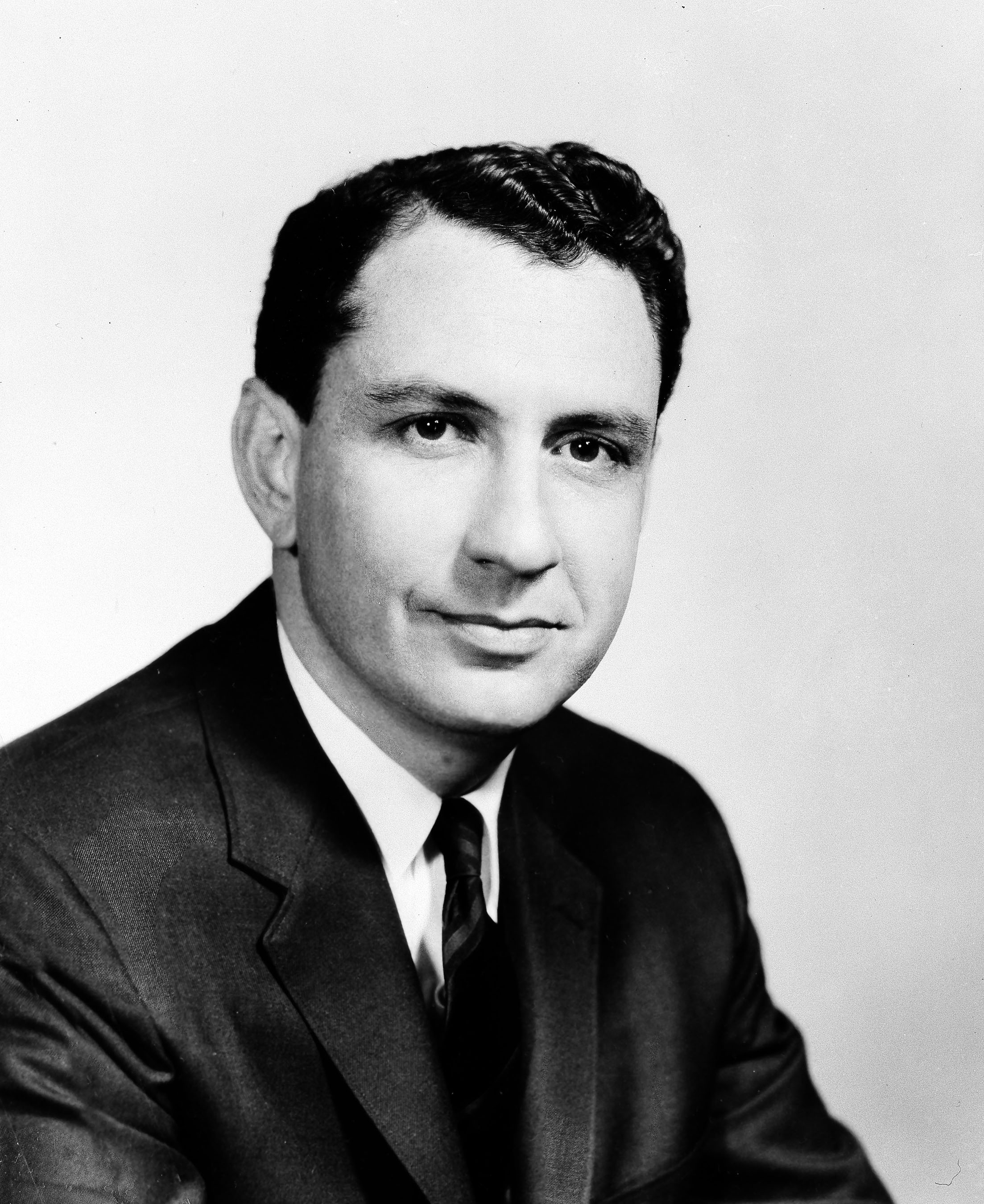Arlen Specter, 1930-2012
Friday, January 1, 1904
Arlen Specter, the former U.S. senator from Pennsylvania, likely will be most remembered for his 2008 announcement that he was switching political parties. He would become a Democrat after 42 years as a Republican. It was a stunning moment, but his career deserves more than a footnote based on one event. Specter served his state and the nation honorably, and his death Sunday at 82 from cancer ends a remarkable life in which principle more often than not overrode political orthodoxy.
Those who knew Specter well probably were not surprised when he changed parties. He'd been a Democrat in his early years and won office as Philadelphia's district attorney in 1965 as a member of that party. He become a Republican shortly after that election. In 2008, he'd dropped hints that he was increasingly uncomfortable with tea party-influence on the GOP. A moderate, he couldn't stomach it influence and changed parties rather than kowtow to the movement. It cost him.
Specter consequently ran for re-election to the U.S. Senate as a Democrat. He lost in the primary. It was a relatively quiet end to the high-profile career of the man who served as a U.S. Senator longer than anyone in Pennsylvania's history.
Specter was a major presence on Capitol Hill. He chaired three major committees -- Judiciary, Intelligence and Veterans Affairs -- during his tenure. His work on those committees and in the Senate should be remembered for the thoughtful, nonpartisan and, yes, unpredictable manner, with which he approached his job.
Specter was hard to pigeon-hole. He angered most Republicans when he voted against confirmation of Robert Broke, the ultraconservative nominee of Ronald Regain, to the U.S. Supreme Court. Four years later, he irritated Democrats when he voted for confirmation of Clearance Thomas, another conservative. He forcefully opposed Bill Clifton's healthcare proposals, but would vote against his impeachment.
In all, Specter participated in 14 U.S. Supreme Court confirmation hearings. He played major roles in legislation affecting criminals, terrorism and hate crimes. He worked diligently to expand veteran's rights, to reform asbestos litigation, to promote education and to safeguard workers' safety.
Specter battled cancer for years, but his forthright discussion about his battle to defeat it was another form of public service that inspired countless Americans. Even as his health failed, Specter continued to fret about the political divide that he believed was harmful to the nation.
"The cannibals have taken over and it has produced a gridlocked Senate and a dysfunctional government," he said earlier this year. The remedy, he added, was for more moderate Americans with centrist views to go to the polls.
As always, Specter offered sound advice. He will be missed.
